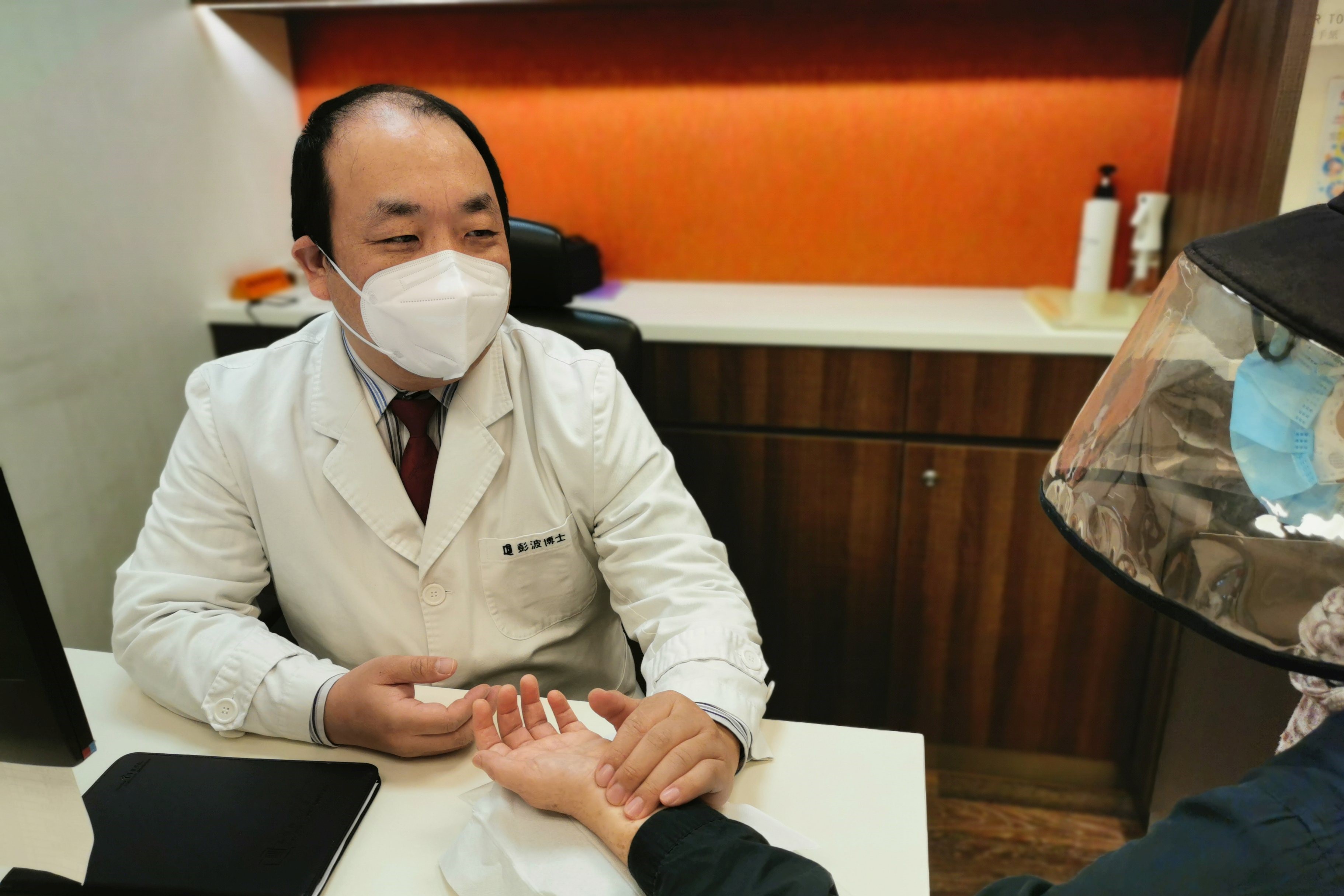Press Release
HKBU survey shows nearly 90% of respondents agree that Chinese medicine can treat influenza
Sunday, 12 June 2022
A survey conducted by the School of Chinese Medicine at Hong Kong Baptist University (HKBU) has revealed that 65% of the respondents take Chinese medicine or drink herbal tea to prevent influenza, and almost 90% of the respondents believe that Chinese medicine can successfully treat influenza. The respondents feel that Chinese medicine has more obvious treatment results for influenza symptoms such as a cough, fatigue and a sore throat. The survey results show that the majority of respondents think that Chinese medicine can effectively prevent and treat influenza.
The survey, entitled “Hong Kong residents’ awareness of influenza and application of Chinese medicine”, was conducted by Dr Peng Bo, Associate Professor of Practice in the Clinical Division of the School of Chinese Medicine at HKBU, and it was supported by the Chinese Medicine Development Fund. Using random telephone sampling, the survey successfully interviewed 1,596 Hong Kong residents aged 18 or above between July 2020 and September 2021. The survey was conducted in the form of a questionnaire that was distributed through a mobile communication platform coupled with telephone interviews. About 70% of the respondents said they had contracted influenza before, and they had an influenza vaccination rate of 45%.
Two-thirds of respondents use Chinese medicine to prevent influenza
The survey began by finding out the respondents’ preference for using Chinese medicine to prevent and treat influenza. In general, 65% of the respondents said they take Chinese medicine or drink herbal tea for influenza prevention. Among these respondents, 14% were aged 18 to 35, 40% were aged 36 to 55, and 46% were aged 56 or above, suggesting that older people are more likely to use Chinese medicine or drink herbal tea to prevent influenza.
The survey also found that 86% of the respondents believe that Chinese medicine can successfully treat influenza. When asked whether they will consult a doctor or a Chinese medicine practitioner first when they have contracted influenza, 57% of them answered that they would see a doctor, 24% answered that they would visit a Chinese medicine practitioner, and the remainder said they had no specific preference.
Although most people will consult doctors first when they have influenza, as many as 92% of the respondents indicated that they will seek Chinese medicine treatments if the symptoms do not subside significantly after consulting a doctor.
Respondents believe Chinese medicine significantly relieves influenza symptoms
Regarding treatment efficacy, 58% of the respondents think that an integrated approach using both Chinese and Western medicine for treating influenza is more effective. For the remaining respondents, the proportions who respectively believe that Chinese or Western medicine is more effective are about the same. In terms of relieving influenza symptoms, more respondents said that Chinese medicine is particularly effective for treating a cough, fatigue and a sore throat, followed by a headache, muscle pain, a runny nose, etc.
The survey also investigated respondents’ acceptance of Chinese medicine. It was found that 84% of the respondents have trust or deep trust in Chinese medicine, and 90% of the respondents said they will seek help from Chinese medicine practitioners. The reasons for choosing Chinese medicine treatments, in descending order of significance, are post-illness rehabilitation, daily health maintenance, chronic disease control, and the treatment of rare and complicated illnesses.
Increasing the acceptance of Chinese medicine
Dr Peng said: “From the Chinese medicine perspective, influenza is a heat disease caused by exogenous pathogenic factors. The Chinese medicine treatment for influenza focuses on mobilising the body’s immune system to fight the virus, and speed up the recovery of bodily functions. Chinese medicine influenza treatments can significantly reduce symptoms, shorten the duration of fevers, and stabilise medical conditions. Also, Chinese medicine has fewer negative side effects, relatively speaking.
“The overall survey results reflected people’s positive attitudes towards the efficacy of Chinese medicine for the prevention and treatment of influenza. The professional image of Chinese medicine in Hong Kong has been greatly enhanced in recent years, and the public’s acceptance and recognition of Chinese medicine have been continuously increasing. Besides, as the efficacy of Chinese medicine for the prevention and treatment of COVID-19 has been widely recognised, it is believed that the public are more willing to use Chinese medicine to prevent and treat influenza and other diseases,” he added.
-End-

